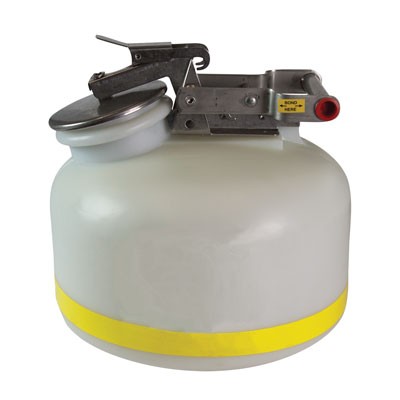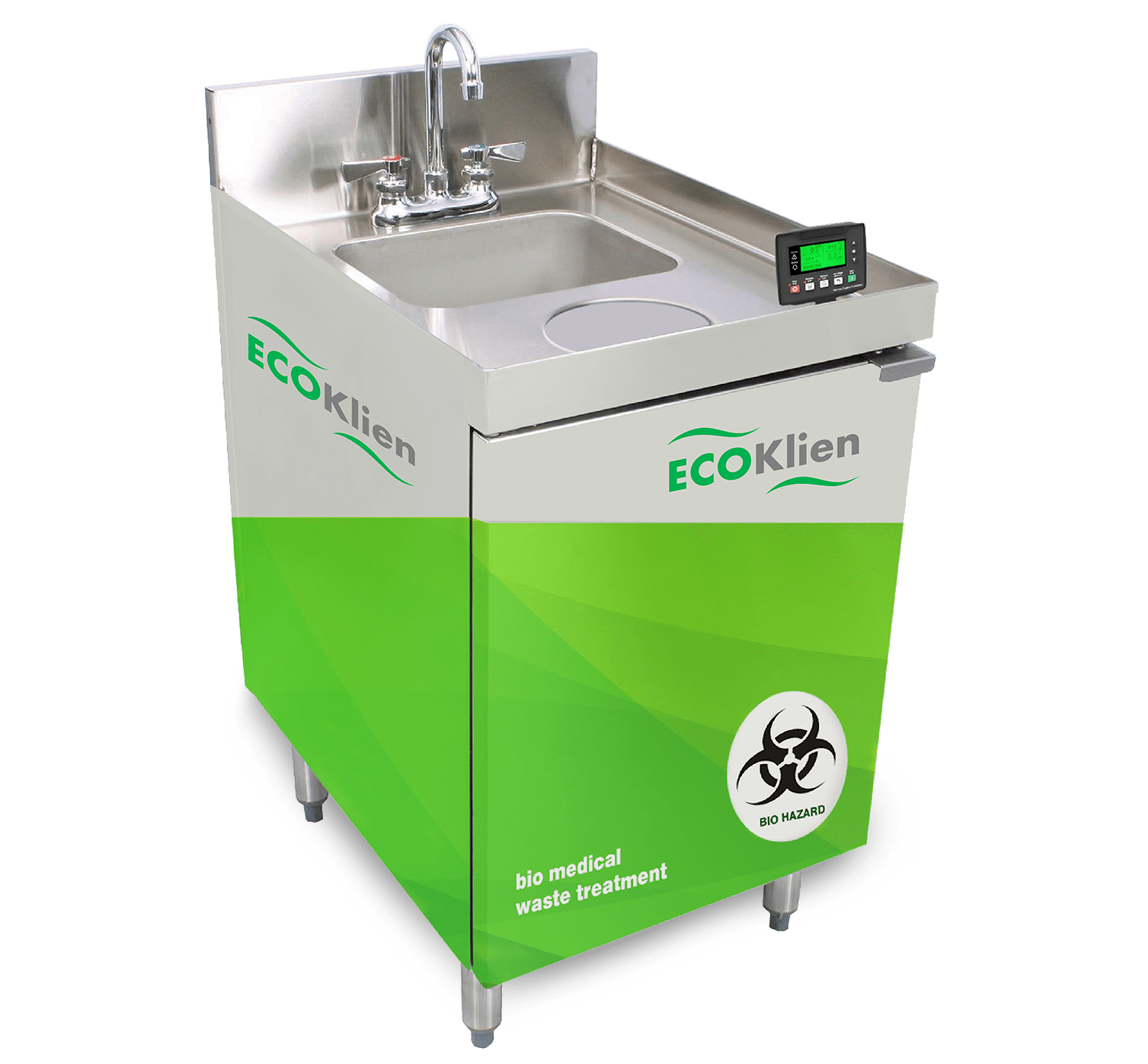Leading Liquid Waste Disposal Melbourne: Trusted Solutions for Proper Waste Management
Leading Liquid Waste Disposal Melbourne: Trusted Solutions for Proper Waste Management
Blog Article
Understanding the Comprehensive Refine of Fluid Waste Disposal: Finest Practices and Environmental Impact Considerations
The monitoring of fluid waste disposal is a multifaceted issue that calls for an extensive understanding of various best techniques and their associated ecological impacts. From the types of liquid waste produced to the techniques used for collection, therapy, and final disposal, each step plays a vital duty in securing environments and public wellness. As regulatory standards progress and innovation advancements, the discussion around these processes ends up being increasingly pertinent. What implications do these changes hold for future sustainability initiatives, and exactly how can stakeholders guarantee that they are appropriately resolved?
Sorts Of Liquid Waste
Recognizing the numerous sorts of liquid waste is crucial for effective monitoring and disposal techniques. Fluid waste can be extensively categorized right into numerous types, each requiring unique handling and treatment strategies.
Industrial fluid waste usually contains harmful materials, consisting of hefty steels, solvents, and chemicals, generated during manufacturing processes. These wastes require strict regulatory compliance to shield human wellness and the atmosphere. Residential liquid waste largely describes wastewater created from homes, including sewer and greywater, which, although less harmful, can still posture considerable dangers if poorly handled.
Agricultural liquid waste, including runoff from farms, often contains plant foods and pesticides that can result in ecological degradation if not treated effectively. Clinical fluid waste, produced from medical care facilities, includes contaminated liquids such as physical liquids and chemicals, needing specialized disposal approaches to avoid infection and environmental contamination.
Last but not least, oil and oil waste, commonly created by dining establishments and automotive sectors, can cause severe blockages in sewage system systems otherwise managed correctly. Understanding these categories assists in targeted methods for treatment, compliance with policies, and effective disposal methods, eventually promoting ecological sustainability and public wellness security.

Collection Techniques
Reliable collection methods are important for the correct management of fluid waste, ensuring that it is gathered safely and successfully prior to therapy or disposal. Various strategies are used relying on the type of fluid waste created, the volume, and the details characteristics of the waste.
One typical approach is using committed collection containers or sumps, which are created to record fluid waste at the source. These systems commonly incorporate pumps that facilitate the transfer of waste to larger storage space containers or treatment centers. Furthermore, mobile collection systems equipped with vacuum cleaner modern technology are utilized in scenarios where waste is generated periodically or in hard-to-reach locations.
For industrial setups, closed-loop systems can effectively decrease spills and leaks, permitting for the healing and reuse of liquid waste. It is also necessary to educate workers on proper collection protocols to reduce dangers connected with harmful substances.
Additionally, carrying out normal upkeep timetables for collection tools makes sure optimal efficiency and safety and security. The combination of advanced tracking systems can enhance collection performance by offering real-time information on waste degrees and prospective hazards. On the whole, reliable collection techniques are foundational to lasting fluid waste management practices.
Treatment Processes
Treatment processes play a vital function in the administration of liquid waste, changing potentially hazardous materials right into risk-free effluents or multiple-use resources - liquid waste disposal. These processes can be generally categorized into physical, chemical, and organic methods, each customized to deal with certain pollutants present in the waste stream
Physical treatment techniques, such as sedimentation and filtering, work by getting rid of put on hold solids and particle matter. These strategies are often the first action in the treatment chain, effectively decreasing the lots on succeeding procedures. Chemical therapies involve making use of reagents to reduce the effects of harmful materials, speed up hefty metals, or oxidize natural toxins, thus boosting the security of the effluent.
Biological treatment processes, consisting of triggered sludge systems and anaerobic food digestion, utilize on the all-natural capacities of microbes to degrade natural matter. These article approaches are especially efficient for wastewater containing naturally degradable pollutants. Advanced therapy technologies, such as membrane layer filtering and progressed oxidation processes, are increasingly utilized to achieve greater degrees of filtration.
Incorporating a combination of these treatment techniques not only guarantees compliance with regulatory standards however likewise promotes environmental sustainability by recuperating valuable resources from fluid waste.
Disposal Options
Exactly how can companies guarantee the safe and responsible disposal of liquid waste? Effective disposal options are important for safeguarding public health and wellness and the atmosphere. The key methods include land disposal, incineration, and treatment adhered to by discharge right into local wastewater systems.
Land disposal includes the careful control of liquid waste in marked landfills, making sure that it does not leach into bordering dirt or water. Incineration, on the various other hand, subjects liquid waste to heats, transforming it into ash and gases, which require correct filtering to minimize discharges. This technique is appropriate for contaminateds materials that can not be treated with standard methods.
In cases where fluid waste can be treated, organizations may go with chemical or organic treatment processes to neutralize harmful components before releasing the treated effluent into municipal systems. This route normally aligns with regulatory demands, ensuring that the effluent fulfills safety requirements.
Inevitably, companies have to conduct thorough evaluations of each disposal option to establish its viability, considering variables such as waste make-up, governing conformity, and possible threats to health and wellness and the setting. By choosing ideal disposal methods, services can add to a liable waste administration strategy.
Ecological Influence
The ecological influence of fluid waste disposal is a vital factor to consider for organizations looking for to reduce their ecological impact. Furthermore, the discharge of unattended or improperly dealt with waste right into surface waters can result in eutrophication, leading to oxygen depletion and the succeeding death of fish and other organisms.

To reduce these influences, organizations have to take on best techniques such as applying rigorous waste therapy procedures, advertising recycling and reuse, and adhering to governing criteria. By taking an aggressive method to liquid waste monitoring, entities can dramatically decrease their ecological footprint while supporting lasting growth goals. Ultimately, a detailed understanding of the environmental effects related to liquid waste disposal is essential for informed decision-making and accountable stewardship of natural deposits.
Final Thought
Effective monitoring of liquid waste is crucial for guarding environmental stability and public wellness. Eventually, a thorough understanding of fluid waste disposal not only minimizes environmental influences yet also promotes a commitment to responsible source management and ecological stewardship.
The monitoring of liquid waste disposal is a complex issue that requires a detailed understanding of different best techniques and their linked environmental impacts. From the types of fluid waste created to the methods utilized for collection, treatment, and final disposal, each step plays an essential function in safeguarding communities and public health reference and wellness.The environmental influence of fluid waste disposal is a vital consideration for organizations seeking to reduce their eco-friendly footprint. Ultimately, a thorough understanding of the environmental influences associated with fluid waste disposal is crucial for educated decision-making and responsible stewardship of natural resources.
Ultimately, a detailed understanding of fluid waste disposal not only reduces environmental effects but additionally cultivates a commitment to accountable source management and ecological stewardship.
Report this page